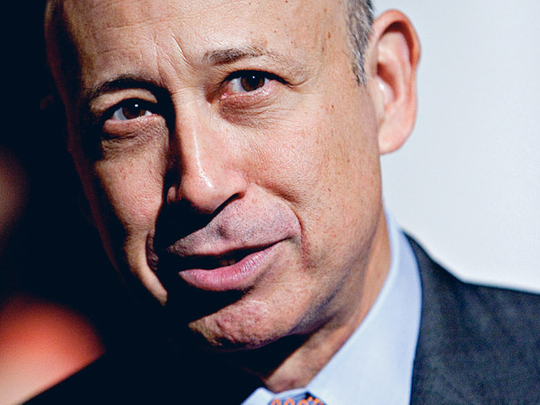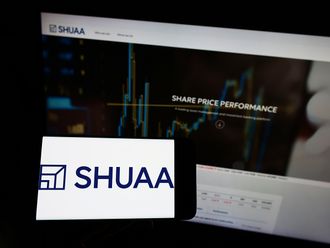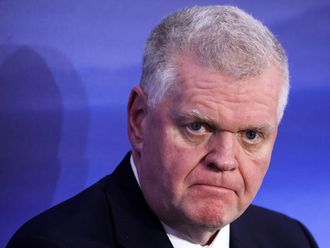
New York: White House officials and Democrat lawmakers seized on internal e-mails from the Goldman Sachs Group to push for curbs including a ban on proprietary trading as they brace for a Senate showdown on Wall Street oversight.
Senate Banking Committee chairman, Democrat Senator Christopher Dodd, and Senator Sherrod Brown, also a Democrat on the panel, said on Sunday the e-mails helped show why rules such as the Volcker rule were needed.
Obama administration adviser Austan Goolsbee called the proposal to end trading for a bank's own account "highly relevant" to ending conflicts of interest.
"These e-mails signify that there are all kinds of conflicts of interest on Wall Street, that Wall Street is working for its clients and working against its clients in the same sort of bundled toxic securities," Ohio's Brown said on ABC's This Week where Goolsbee also appeared.
"That's why we need the Volcker rule. That's why we need really strong reform that will separate the proprietary trading from banking functions."
Lawmakers are using the e-mails to bolster support for rules that could crimp earnings at Goldman Sachs, the most profitable firm in Wall Street history, 10 days after it was sued for fraud by the Securities and Exchange Commission.
The Volcker rule, named after former Federal Reserve Chairman Paul Volcker, now an adviser to President Barack Obama, is included in Dodd's financial-rules overhaul, which faced a test vote in the Senate yesterday. The Democrats needed at least one Republican vote to open the debate.
Revenue
About "10-ish per cent" of Goldman Sachs's revenue comes from "walled-off proprietary business that has nothing to do with clients," Chief Financial Officer David Viniar said in January.
Senator Carl Levin, a Michigan Democrat who leads the Permanent Subcommittee on Investigations, released the e-mails on his website April 24 and said they showed that Goldman Sachs "made a lot of money by betting against the mortgage market." The firm was "magnifying and spreading risk throughout the financial system" by selling "toxic" mortgage-backed securities that carried top grades from credit-rating companies.
Levin's panel is set to question Chief Executive Officer Lloyd Blankfein, 55, and six other current and former Goldman Sachs employees today in a hearing that some historians liken to Ferdinand Pecora's Depression-era investigation of powerful financiers such as J.P. Morgan Jr.
Mboweni appointed
Johannesburg Tito Mboweni, South Africa's former Reserve Bank (SARB) Governor, will join Goldman Sachs as an international adviser from June, his third high-profile appointment since leaving the central bank in November.
Mboweni, 51, who was head of the SARB for a decade, has been appointed chairman of mining group AngloGold Ashanti and packaging firm Nampak.
The US investment bank said Mboweni's experience and knowledge of the political and financial environment would complement its business capabilities in the region. "In this capacity, he will provide strategic advice to the firm on business development opportunities, with a particular focus on South Africa and Sub-Saharan Africa," Goldman Sachs managing director for South Africa Colin Coleman said.
Mboweni, a former cabinet minister, left the central bank in November last year after a decade as governor but could not work elsewhere during a six-month "cooling-off" period, which ends in May.












